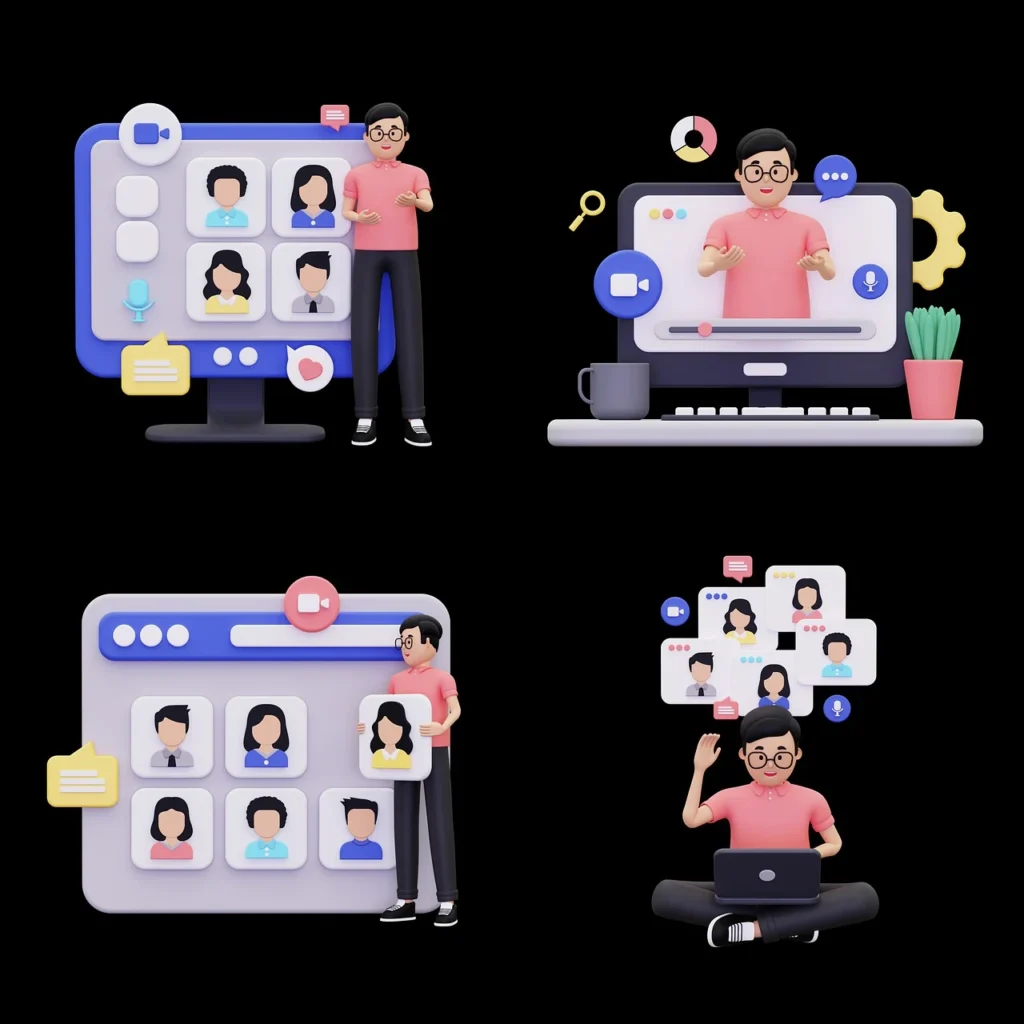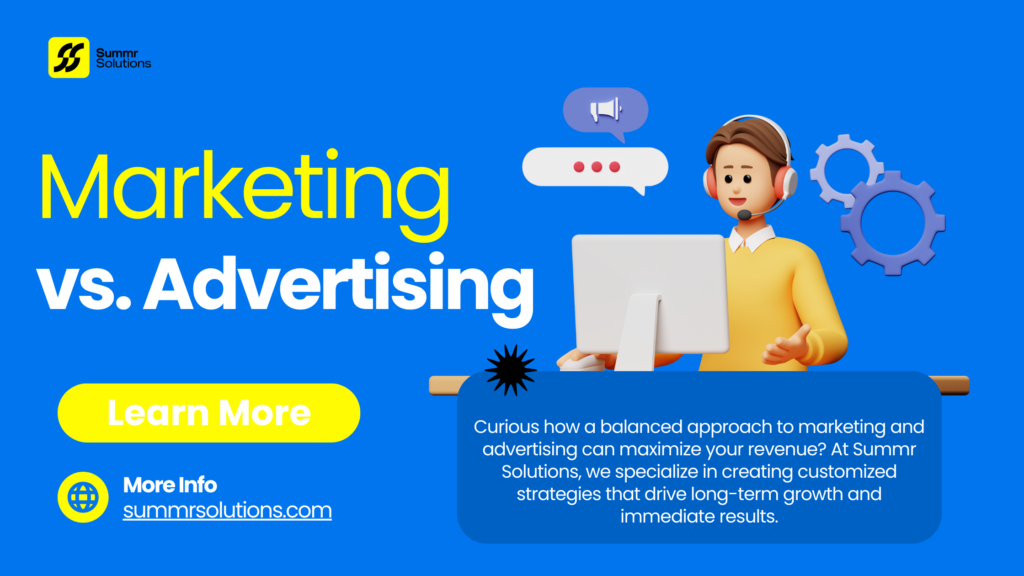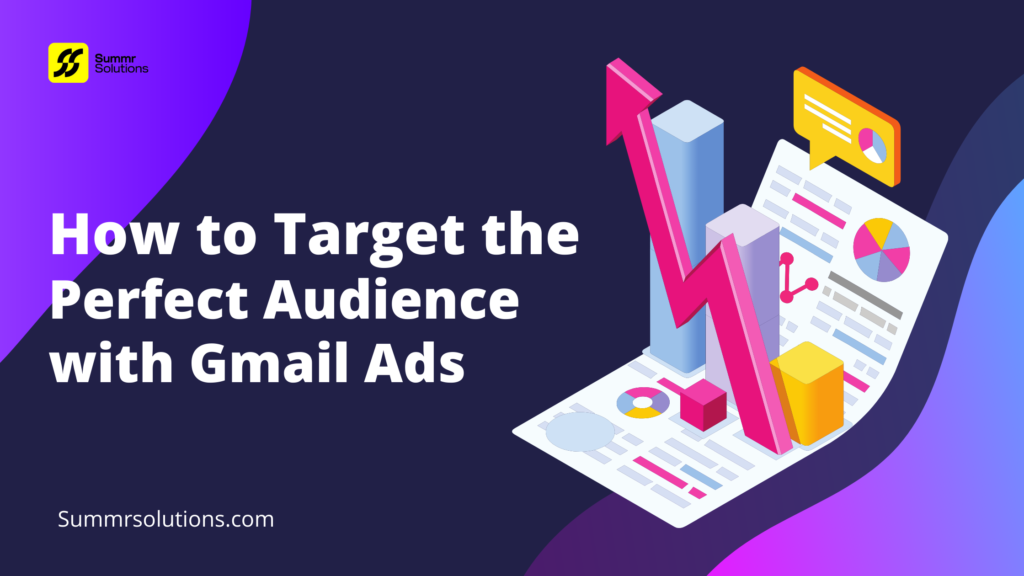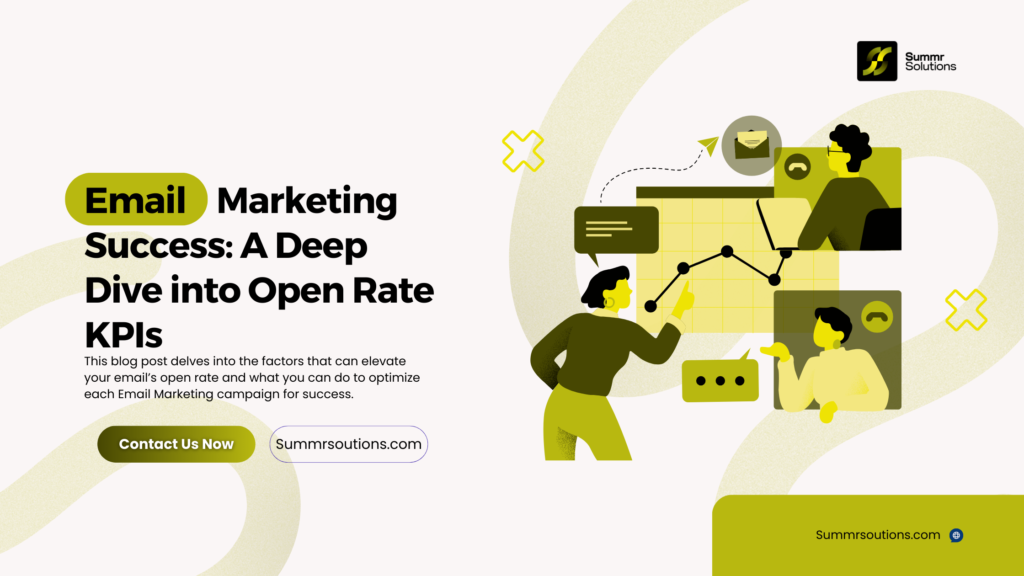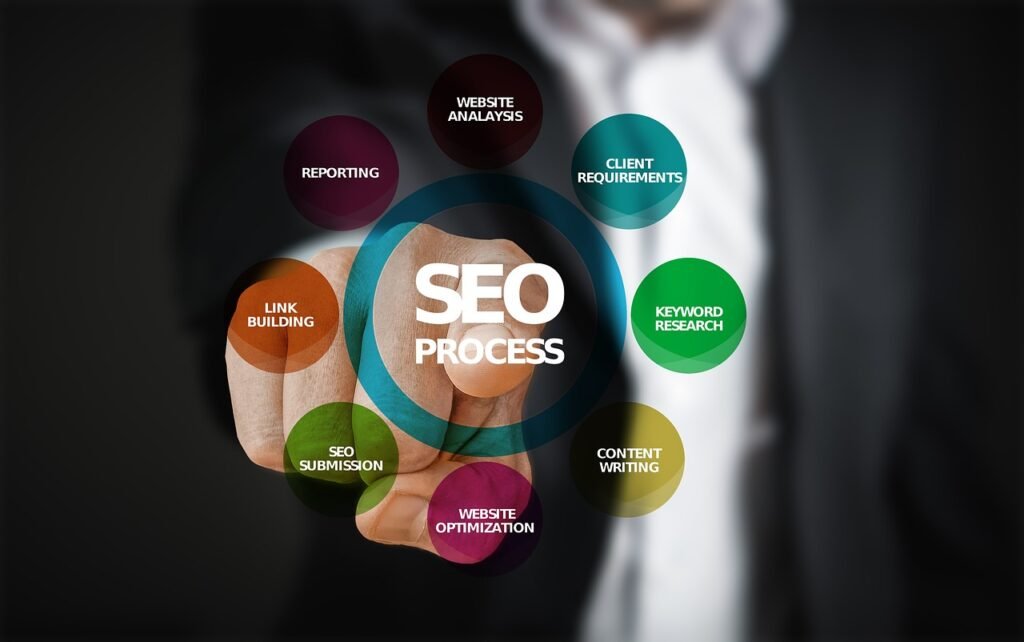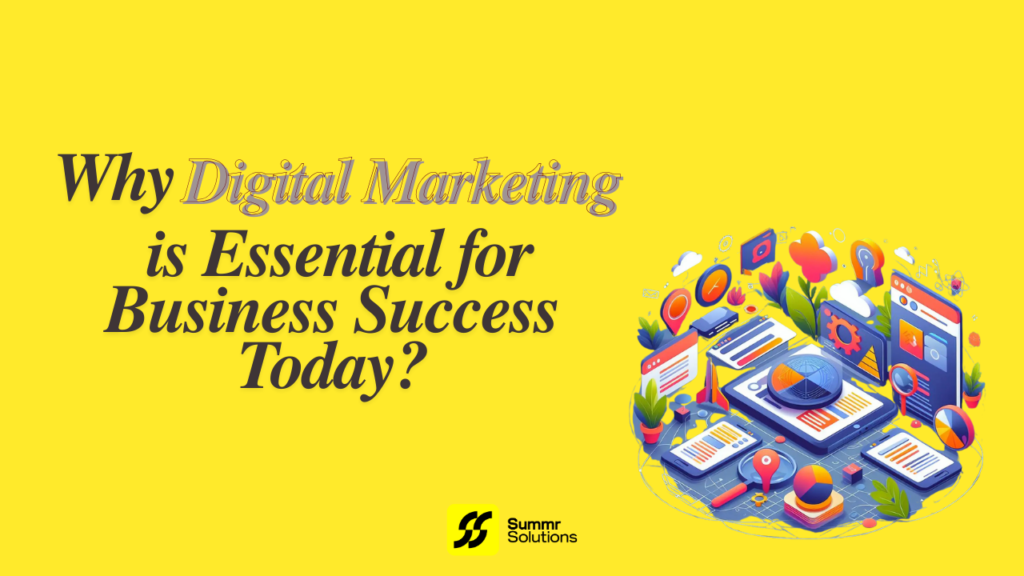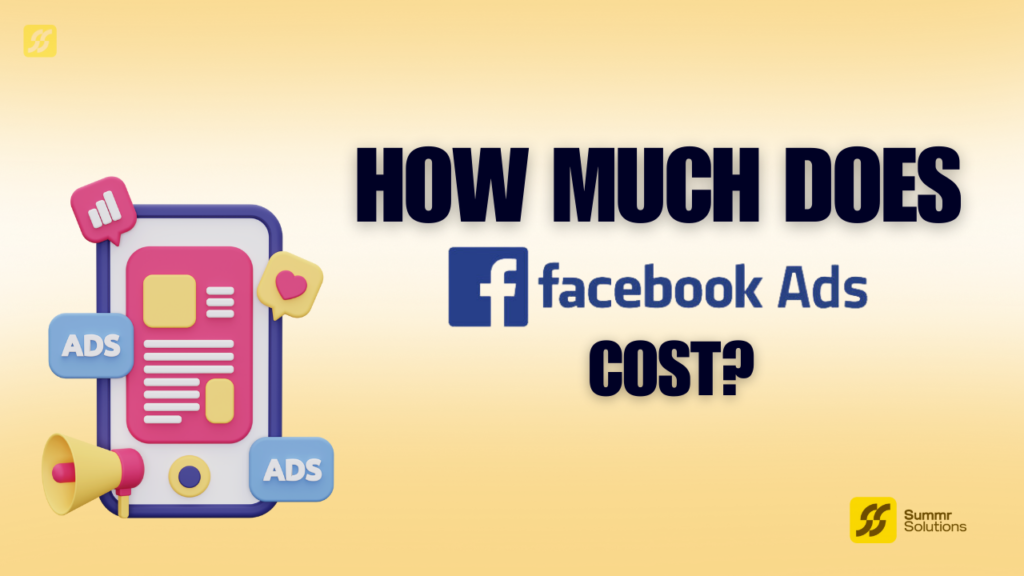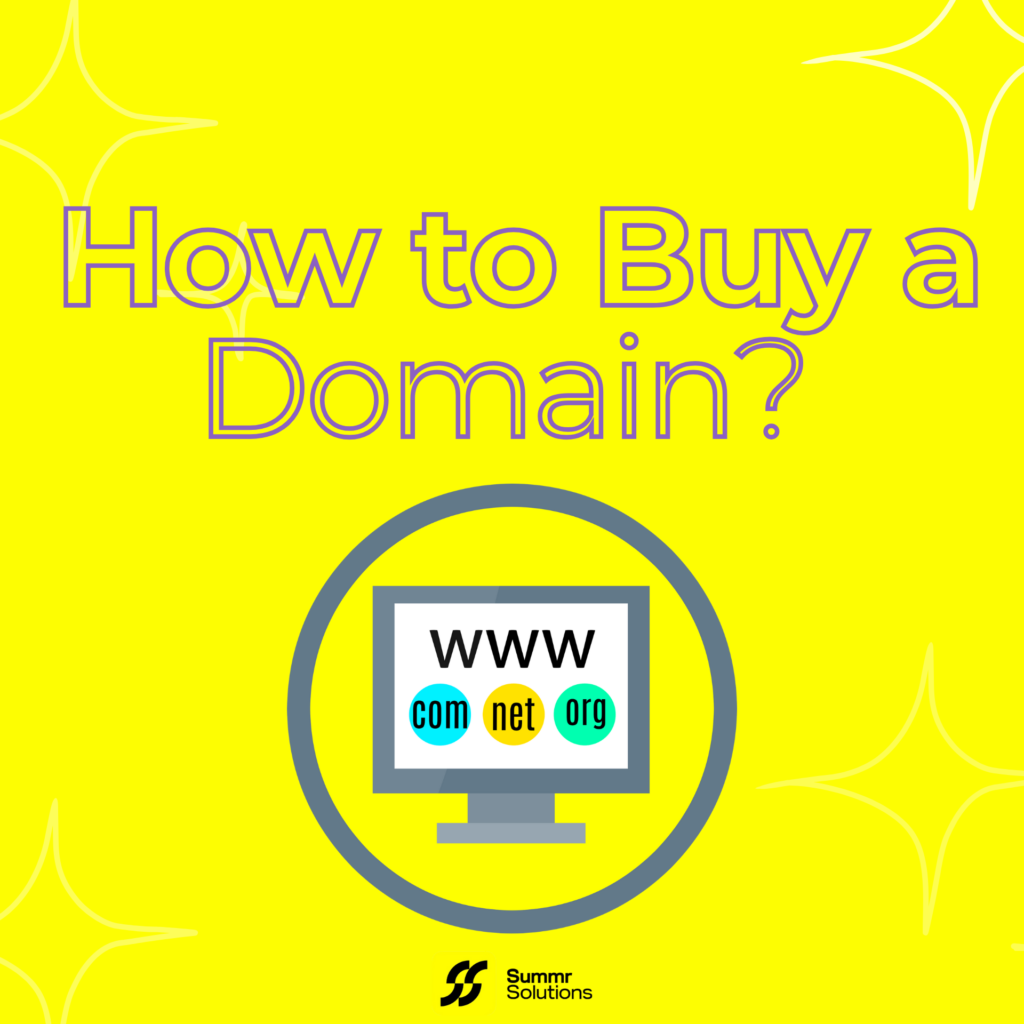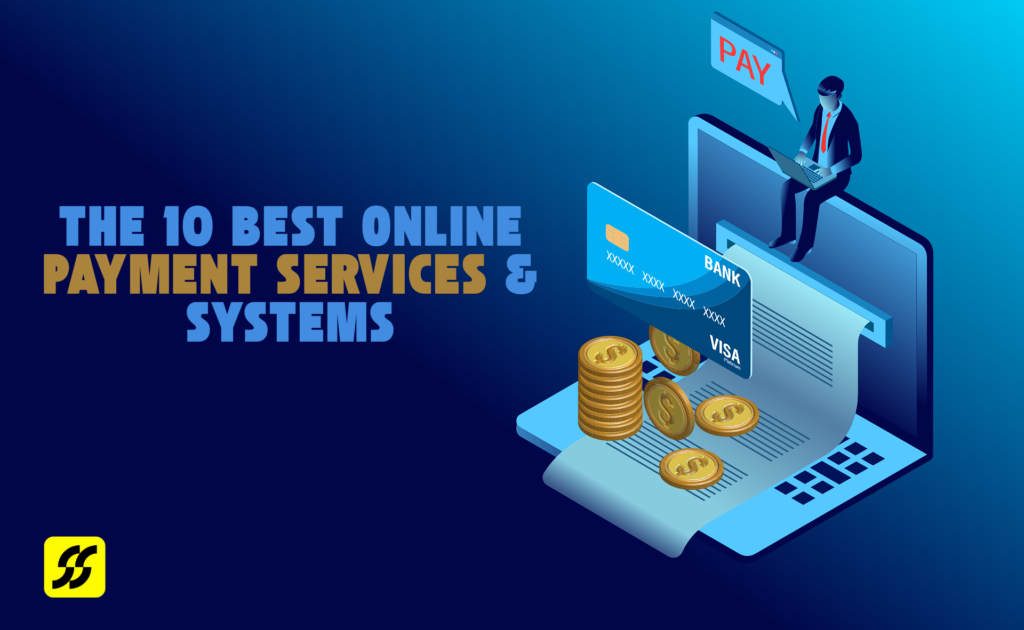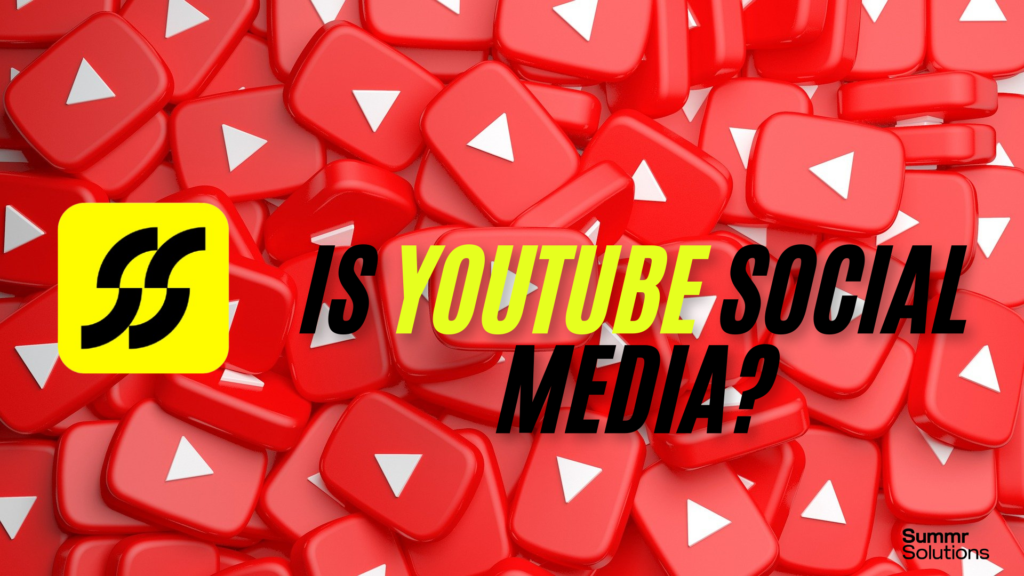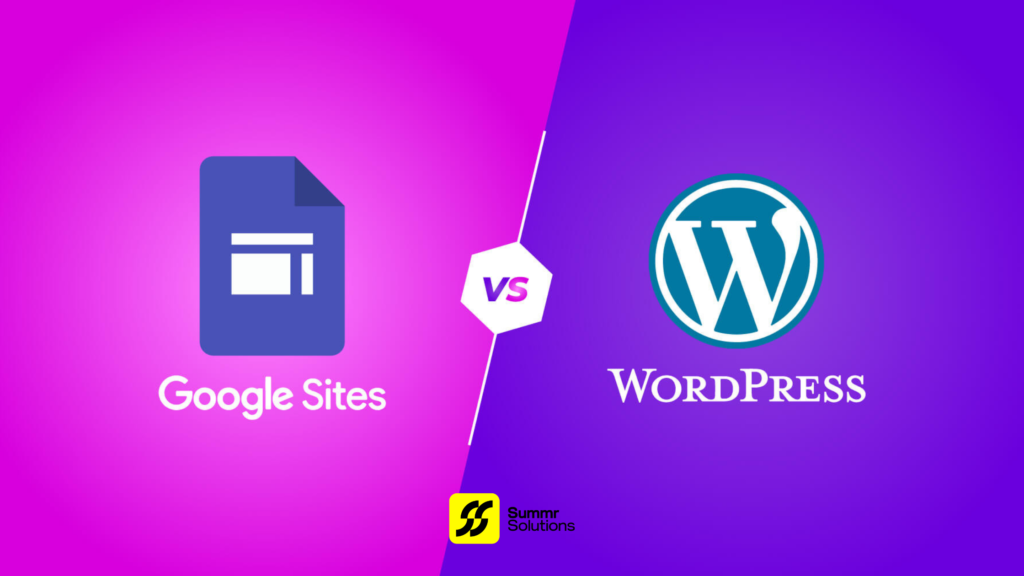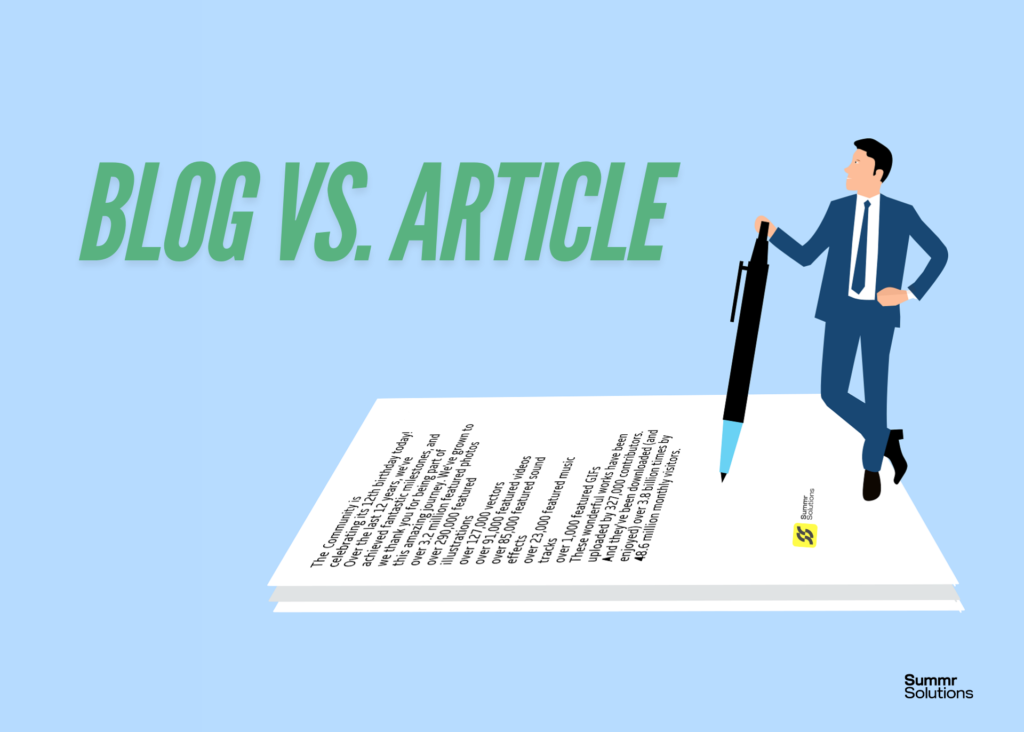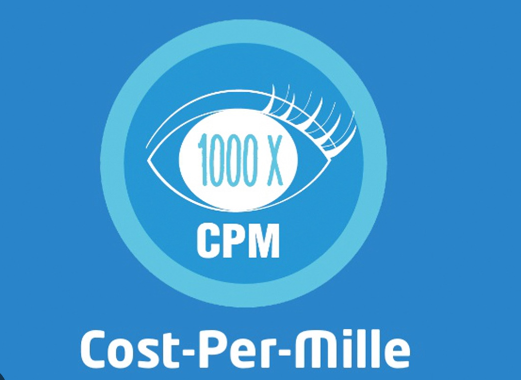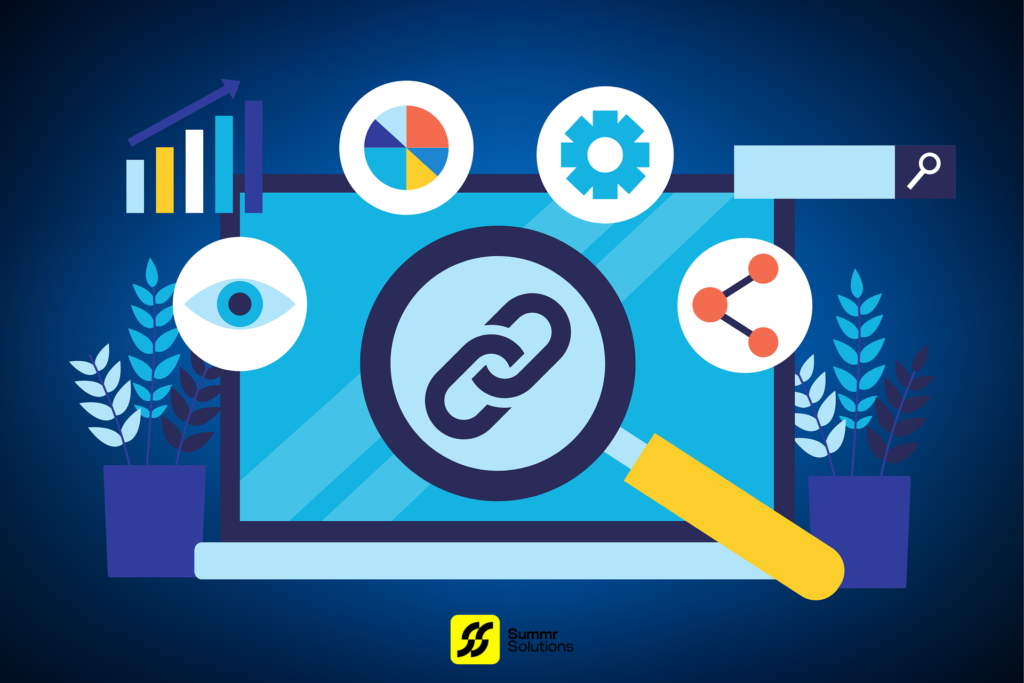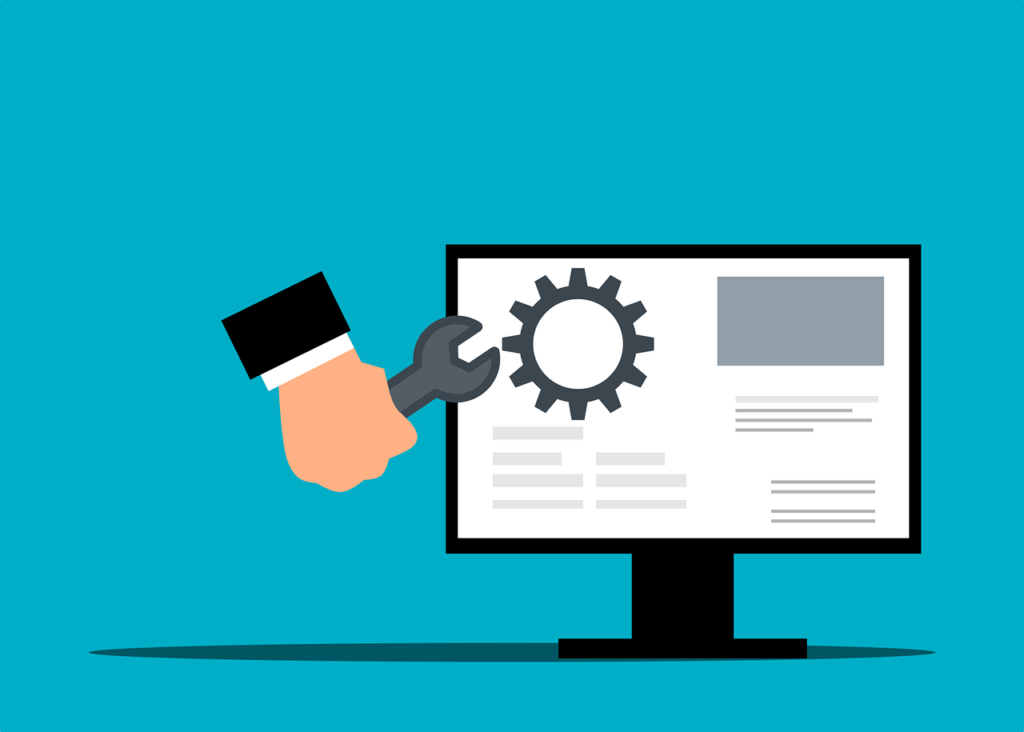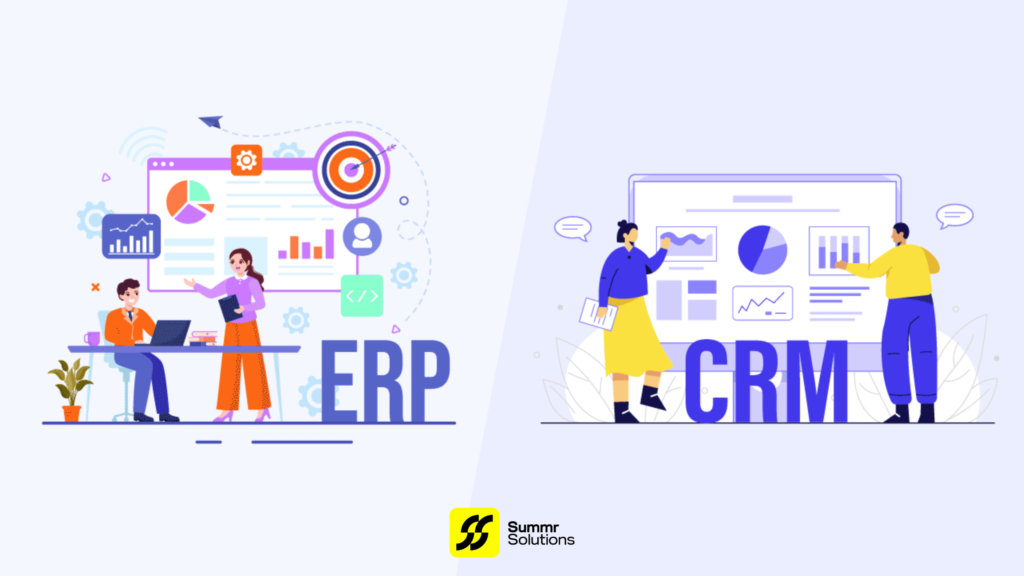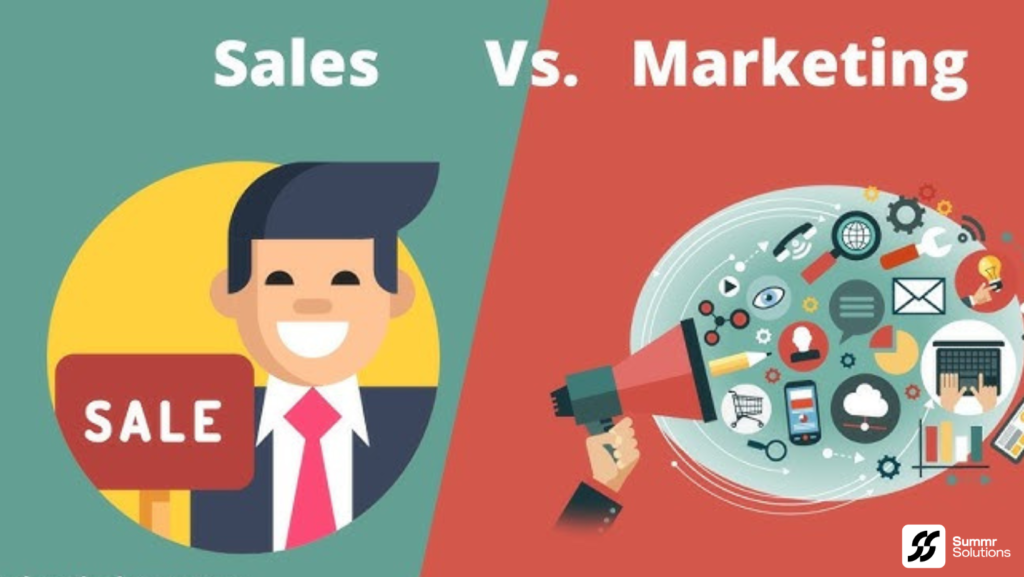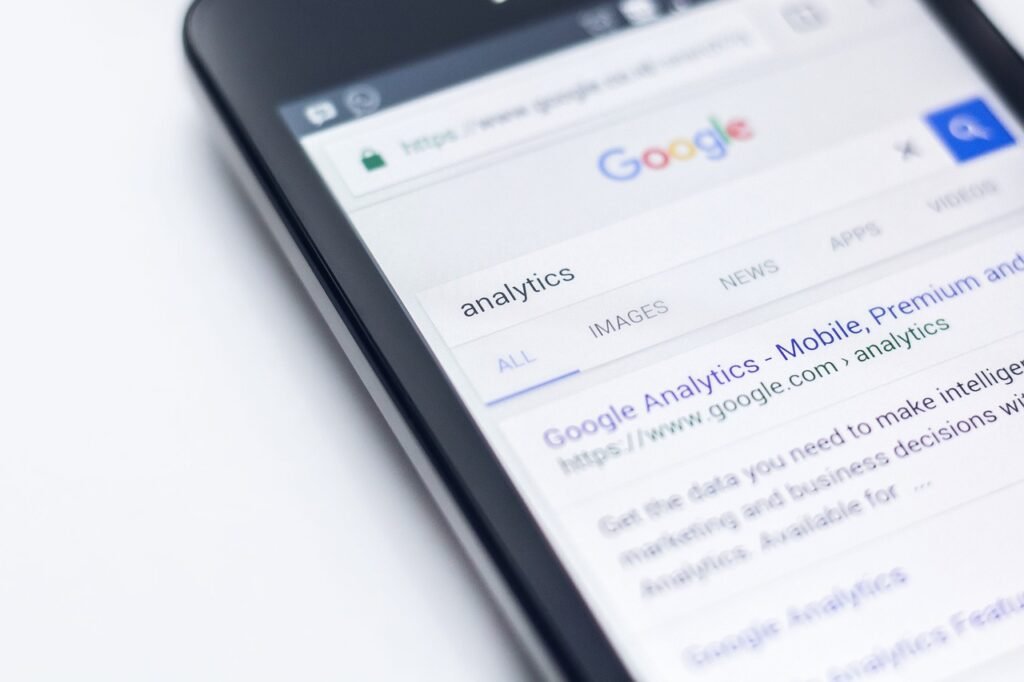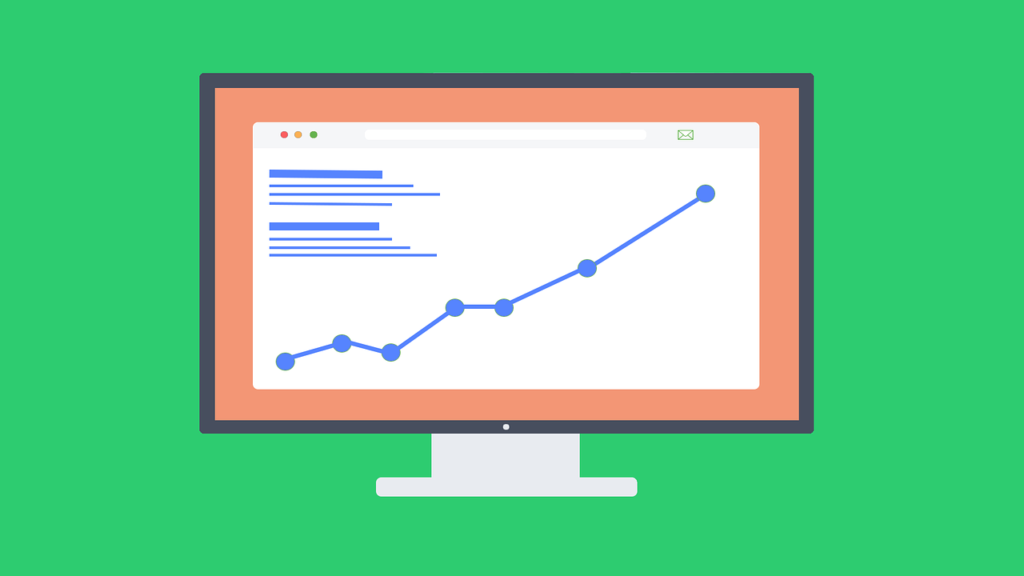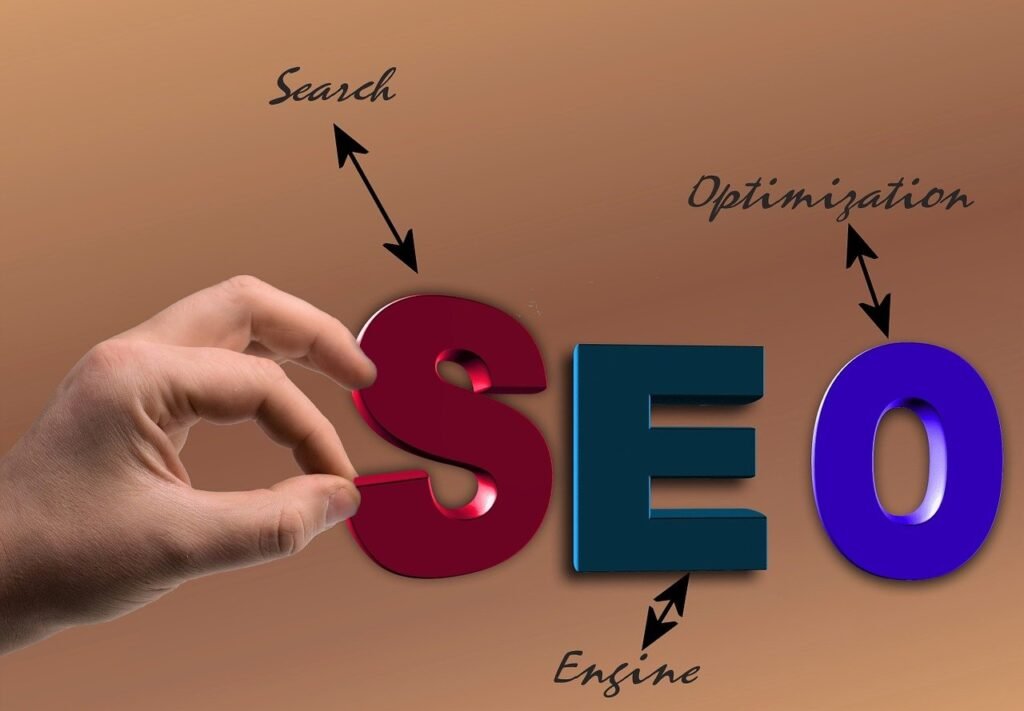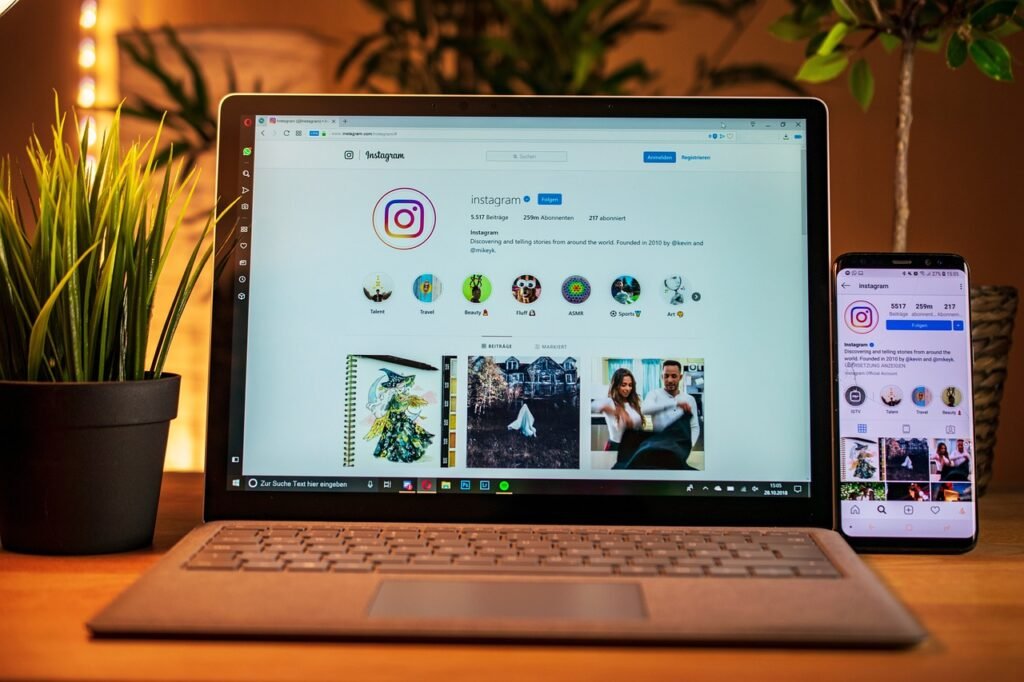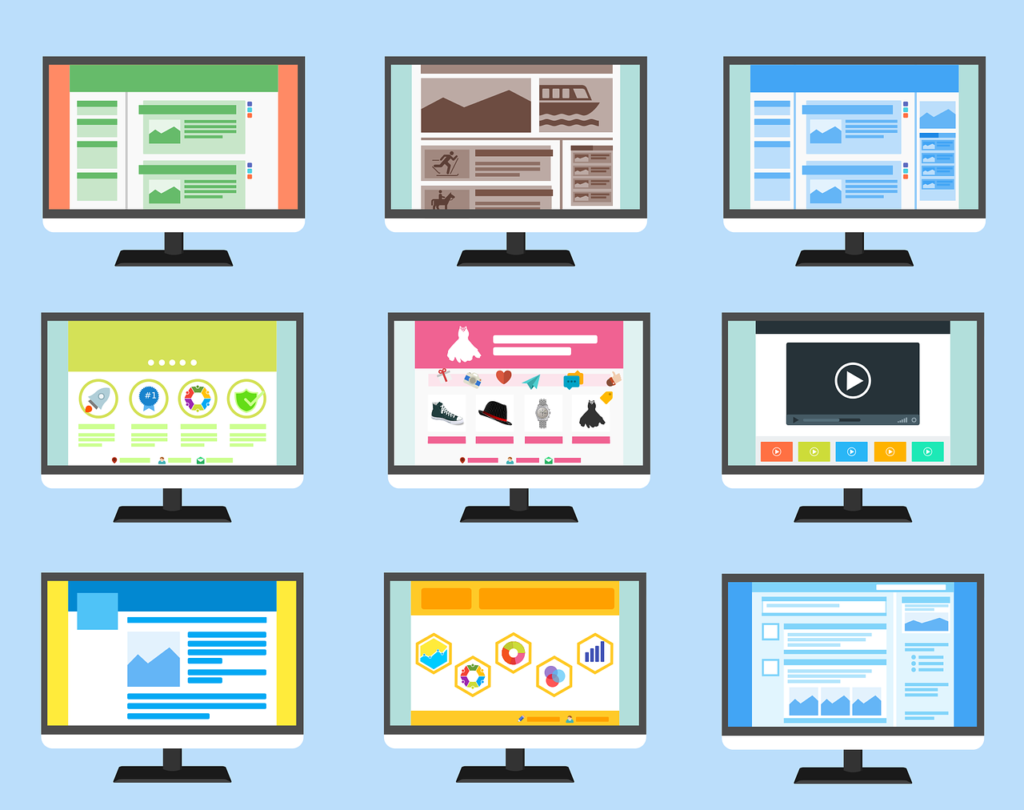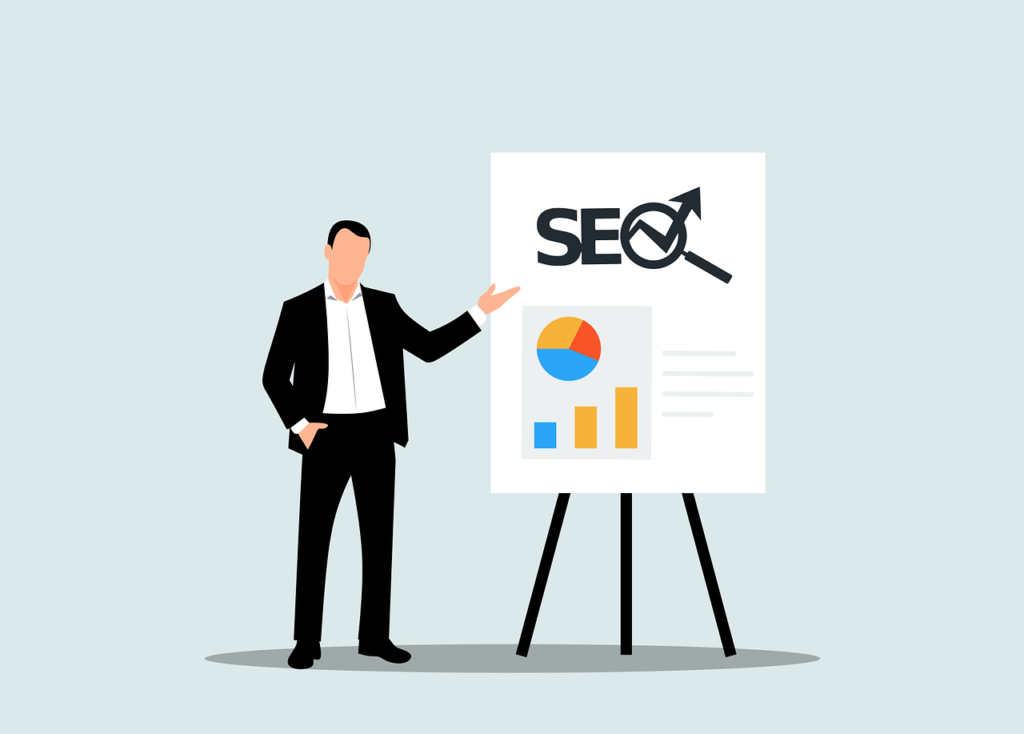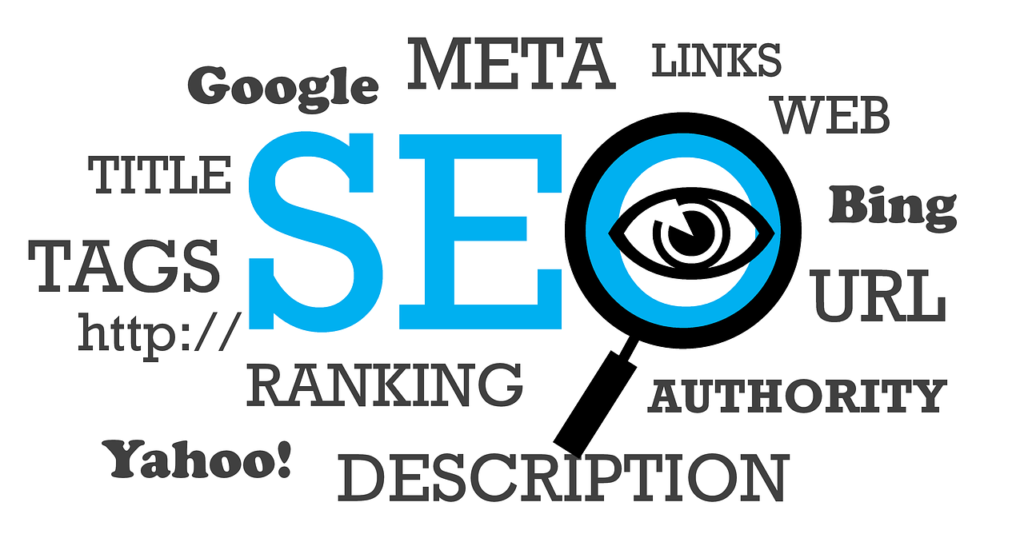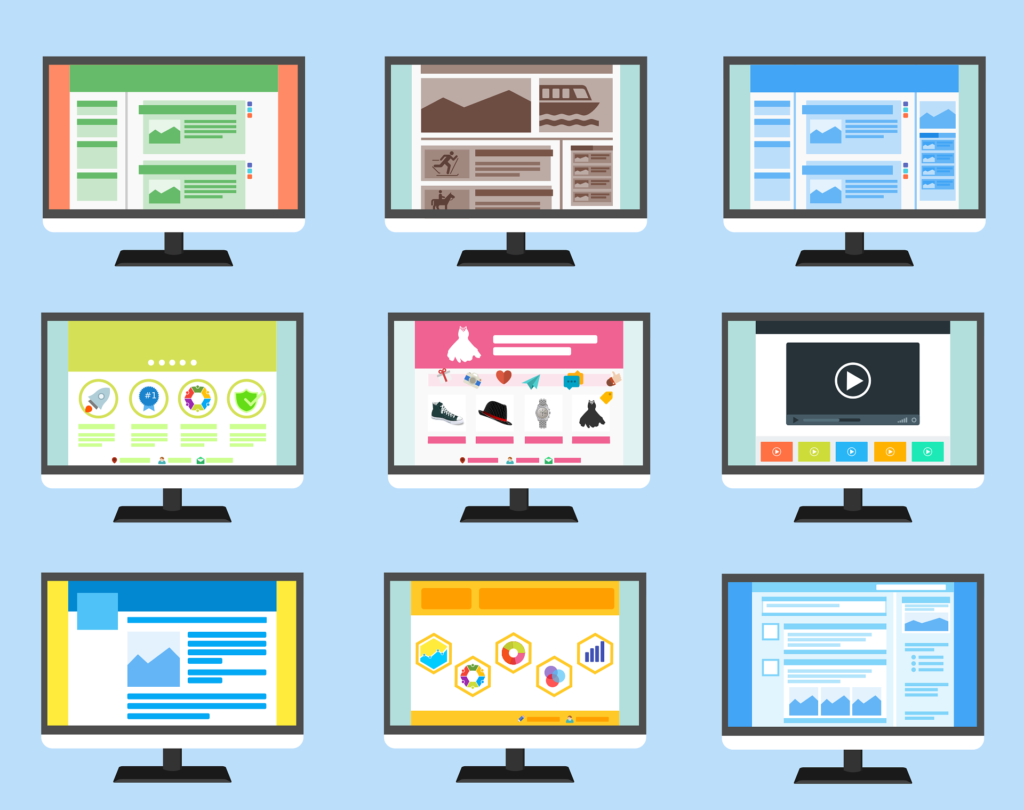In the dynamic realm of digital marketing, businesses are constantly seeking to understand the return on investment (ROI) they can expect from their digital campaigns. ROI in digital marketing is a critical metric that helps businesses measure the effectiveness and profitability of their marketing efforts. However, the return on investment can vary widely depending on several factors, including industry, campaign type, and marketing strategies. This article aims to provide a comprehensive overview of what ROI to expect from digital marketing and how to maximize it.
Looking for expert assistance to maximize your ROI? Summr Solutions offers tailored digital marketing strategies that ensure measurable results. Contact us today to get started.
Understanding ROI in Digital Marketing
ROI in digital marketing is calculated as the ratio of the net profit generated from marketing activities to the total investment made in those activities. The formula to calculate ROI is:
ROI=Net ProfitTotal Investment×100\text{ROI} = \frac{\text{Net Profit}}{\text{Total Investment}} \times 100ROI=Total InvestmentNet Profit×100
For example, if you invest $10,000 in a digital marketing campaign and generate $30,000 in revenue, your ROI would be 200%. This means that for every dollar invested, you earned two dollars in return.
Factors Influencing Digital Marketing ROI
Several factors can influence the ROI you can expect from digital marketing:
1. Marketing Channels: Different digital marketing channels yield varying levels of ROI. For instance, search engine optimization (SEO) and pay-per-click (PPC) advertising often deliver measurable returns, but the costs and timeframes for achieving results can differ. Social media marketing, email marketing, and content marketing also have distinct ROI profiles depending on the target audience and campaign execution.
2. Industry and Market Conditions: ROI can vary greatly depending on your industry. For example, e-commerce businesses might see high ROI from PPC and email marketing due to direct sales conversions, while service-based industries may experience a longer sales cycle and thus a different ROI dynamic. Additionally, market conditions and competition can impact ROI, as higher competition might drive up ad costs.
3. Campaign Objectives: The goals of your digital marketing campaign will influence the expected ROI. Whether your objective is brand awareness, lead generation, or direct sales will affect the ROI calculations. Short-term campaigns focused on immediate sales might show different ROI compared to long-term brand-building efforts.
4. Target Audience and Segmentation: How well you define and reach your target audience can impact ROI. Effective segmentation and personalization increase engagement and conversion rates, leading to higher ROI. A well-defined target audience ensures that marketing efforts are focused on individuals more likely to convert.
5. Quality of Content and Creatives: High-quality, engaging content and compelling creatives can significantly impact ROI. Content that resonates with your audience and drives action will likely result in higher conversion rates and better ROI. Investing in professional design and copywriting often pays off in improved campaign performance.
6. Optimization and Testing: Continuous optimization and A/B testing of your campaigns can enhance ROI. Regularly reviewing performance data, testing different strategies, and adjusting based on insights help in refining your approach and maximizing returns.
Typical ROI Benchmarks for Digital Marketing Channels
Different digital marketing channels offer various ROI benchmarks, and understanding these can help set realistic expectations:
1. Search Engine Optimization (SEO): SEO is a long-term strategy with a typically gradual increase in ROI. Businesses can expect a higher ROI over time as organic search rankings improve and traffic grows. According to various studies, businesses can see an average ROI of 14.6% from SEO compared to traditional outbound marketing’s 1.7%.
2. Pay-Per-Click (PPC) Advertising: PPC campaigns, such as Google Ads, often provide measurable ROI with quicker results. The average ROI for PPC can vary, but businesses can generally expect an Return Of Investment of 200-300% depending on industry and competition. Effective targeting and optimization are key to maximizing PPC ROI.
3. Social Media Marketing: ROI from social media marketing can be challenging to measure directly, especially for brand awareness campaigns. However, businesses that leverage social media for direct sales or lead generation often see varying ROIs. On average, businesses report an ROI ranging from 1.5 to 3 times their investment, depending on platform and campaign effectiveness.
4. Email Marketing: Email marketing consistently offers a high ROI, with studies showing an average ROI of 4200%. Personalized and segmented email campaigns tend to perform better, providing a significant return on investment.
5. Content Marketing: Content marketing can have a slower start but offers substantial long-term ROI. High-quality content that attracts and engages your audience can result in an average ROI of 10-20% over time. Content marketing also contributes to SEO and brand authority.
Maximizing Your Digital Marketing ROI
To achieve the best ROI from your digital marketing efforts, consider the following strategies:
- Set Clear Objectives: Define specific, measurable goals for your campaigns to track and evaluate performance effectively.
- Invest in Quality: Ensure that your content, creatives, and marketing materials are high-quality and align with your audience’s interests.
- Optimize Continuously: Regularly review and adjust your campaigns based on performance data and insights to improve results.
- Leverage Data: Use analytics tools to monitor ROI and gain insights into what’s working and what needs improvement.
- Focus on Customer Experience: Enhance user experience and engagement across all touchpoints to drive higher conversion rates and better ROI.
In conclusion, the ROI from digital marketing can vary based on multiple factors, including marketings channels, industry, campaign objectives, and audience targeting. By understanding these factors and implementing effective strategies, businesses can maximize their ROI and achieve meaningful results from their digital marketing efforts.
Summr Solutions is here to help you achieve the highest possible ROI from your digital marketing campaigns. Let’s work together to drive growth and success for your business. Get in touch with us today!








